SFF 2023 REVIEW: Sunflower
Set in the outer suburbs of Melbourne, this film acts as an enticing representation and characterisation of coming out in a society where homophobia has become socialised.
Image: Sunflower (courtesy of Sydney Film Festival).
As Achillean media becomes more and more prevalent within the pop culture space, it’s comforting to watch it find its niche in every sect of modern media, the textbook coming-of-age story being no exception. Harkening back to its predecessors in the genre, such as Greta Gerwig’s Ladybird (2017) and Stephen Chbosky’s Perks of Being a Wallflower (2012), Gabriel Carruba’s Sunflower masterfully captures and emulates the whirling dervish of being a teenager and the experience of coming into oneself. Here, 17-year-old Leo (Liam Mollica) is thrust into the customary whirlwind of teenage drama: “adolescent politics, drunken parties, decent grades, the popular girlfriend”; all colour the background of Carrubba’s debut film.
However, amidst this textbook social pandemonium, the emotional core of the film shines through. Against his manicured social framework and standing, Leo finds himself ever-increasingly attracted to his best friend Boof (Luke J. Morgan). His well-groomed façade begins to splinter as his social standing buffets pitfall on pitfall, incessant socialised homophobia, the collapse of his social life, and his arduous journey towards embracing his sexuality suddenly plague his once straightforward existence.
Set in the outer suburbs of Melbourne, this film acts as an enticing representation and characterisation of coming out in a society where homophobia has become socialised; the film portraying the subtle ways by which homophobia may be caked into the social frameworks of the day-to-day. In the spirit of avoiding spoilers in the closest capacity I can manage, this film expertly balances the confusion and ostracization inherent to being a gay teen in the boy’s locker room, with a compassionate and hopeful love story set to temper the weight of these heavy topics. All to say that this film and its story act as a shining beacon of LGBTQ+ representation in the modern media scape.
The movie is peppered with authentic queer and Australian experiences, explicitly informed by the directors’ own experience growing up as a queer man in the conservative rural suburbs of Australia. As such, the film is brimming with honest vulnerability and genuine touchstones of the queer experience that bring a level of sincerity to the film, something that will stand out to anybody who has experienced a crisis of sexual identity in any shape or form. This script and philosophy are in turn masterfully brought to life by the tender and vulnerable performances from the entire cast and the nostalgic cinematography of Martine Wolff — bringing an intimate and radiant representation of Australian suburbia to the story.
This film acts as another steppingstone for queer media and film as it increasingly finds its footing in popular culture over the last two decades. Built off the back of its predecessors, the film pays spiritual homage to many of the films that have paved the way for queer media in the film industry; this movie acting as an extension to films such as Ana Kokkinos’ Head On and Neil Armfield’s Holding the Man from 1998 and 2015 respectively. Sunflower marks another stride for modern Achillean media, and another must see film for the 2023 Sydney Film Festival slate.
Ultimately, the film acts as a perfect touchstone for, and a masterful hallmark of, modern queer film. This gay love story brings endless heartfelt candour to the big screen, the blend of truly sincere characters and an endlessly human story meld together to create a stunning debut film for Gabriel Carrubba. This masterfully created framework is only further elevated and exacerbated by the tender performances of the cast and crew, both working in tandem to make this film a highlight of this year’s Sydney Film Festival.

